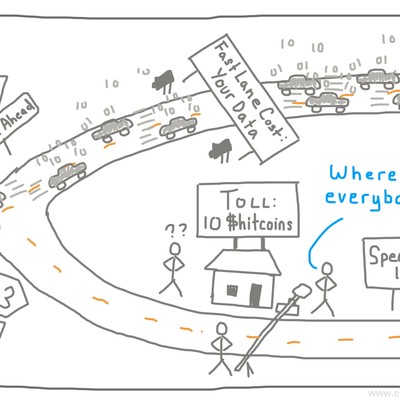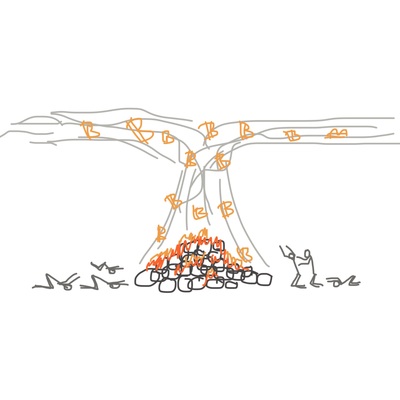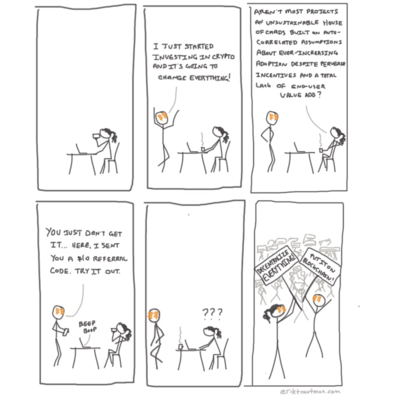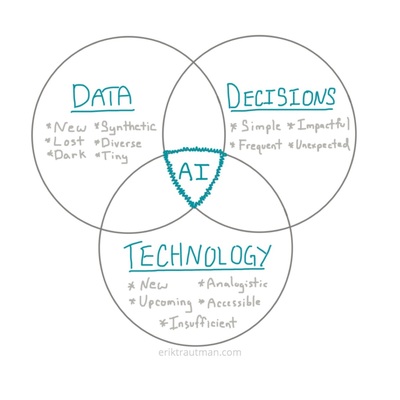The Quandary of Self Education (Part I)
/i-know-kung-fu1.png)
I am trying to be Neo from the Matrix. There are thousands of hours of knowledge that I need to cram into my brain as quickly and effectively as possible. Unfortunately, that nifty little upload socket didn't seem to make it into my hardware version so does that mean I need to do it all the old fashioned way?
Pretty much all the learning in my life so far has been through either a top-down approach (teacher teaches to students) or the Socratic method (teacher leads discussion and debate), the former for technical subjects like engineering and the latter for more creative subjects like English. The top down approach from college looked like this:
Attend Lecture >> Read Textbook >> Do Homework >> Attend Recitation >> Test / Repeat
This model provides a fairly effective layered learning approach that allows questions and feedback and seems particularly effective for learning the (mostly) technical skills I am seeking. So why not just enter another in-person collegiate-style system like an MBA program? I want my learning density to be much higher, the prioritization of information to be more self-directed, and the cost to be significantly lower. In any case, my initial forays into self-learning have led me to believe that there must be far more effective ways to solve my learning problem.
When I first came at this issue, I did some initial research to pull together my curriculum and figured I could read anything I needed either in a textbook or on the web. That turns out to be almost the worst possible method. As with the fulfillment of any goal, the two major issues here are strategy and optimization. What I mean is, "Am I learning the RIGHT information?" and, "Am I learning that information using the most efficient method?"
I have been consuming a LOT of information via a linear approach (reading) which takes approximately the same amount of time for the important stuff as the unimportant filler. I don't actually know which is which until I am already well versed in the subject in question so the time has already been sunk/wasted. It's a failure of both strategy AND optimization.
After some thought, I figured I would benefit by putting together a hierarchy of general ways that I learn most effectively:
1. 1-on-1 tutoring/mentoring
2. Having a group or network of people teaching me (i.e. asking a question of a group)
3. Group in-person discussions (i.e. recitations)
4. Group in-person lectures
5. Online video lectures
6. Blogs
7. Online discussion groups / forums
8. Static textbooks
The conclusion I draw from this list is that the ability to ask questions of real people is the most important factor in the effectiveness of (my) learning. This makes sense "“ human direction and feedback allows the student to prioritize information effectively and also prevents wasting time on false paths by allowing greater responsiveness. Armed with that knowledge, it is much easier to see how I need to adjust my approach to be more social.
My user case is this: I want a low cost way to leverage the brightest professors in the world through a self-directed but vetted curriculum and to reinforce my learning by using a community of real people combined with personal projects for skills validation. Phew. This sounds an awful lot like the old lecture/recitation model"¦ but it is far more personalized, specific, and accessible. So how does one combine a low-cost, high-quality, and self-directed quest for knowledge with the ability to involve others and ask questions? I'll explore that in Part II.






